Product overview:
Truffles and mushrooms
Porcini / Vargánya
Boletus edulisLarge and fleshy with light to dark brown caps 8-12 cm in diameter. Dried porcini has a chewy texture with a strong nutty-woodsy, sweet and meaty taste. Sun-drying strongly enhances flavor, as the mushrooms lose 80-90% of their water; essental to risotto, pasta, sauces, soups, casseroles, and stuffings.
Stumps - very flavorful, perfect for sauces, great value
Powder - concentrated, enriches pasta, risotto, sauces
Origin: Italy, France, Austria, Hungary, the Balkans
Season: March to December
Type: Wild
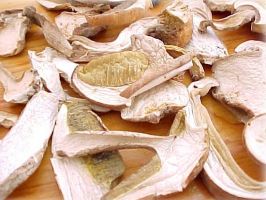
Chanterelles / Rókagomba
Cantharellus cibariusFound mainly in deciduous forests. Many species, can have an orange, white, brown, gray or almost black color.
Origin: Russia, Serbia, Bulgaria, Poland, Lithuania, USA, Canada
Season: March to November
Type: Wild

Morels / Kucsmagomba
Morchella conicaGolden green, tube-like mushroom, with honeycomb-like conical caps. Hollow, light brown, sturdy stalk. Highly aromatic. Black morels have the most delicate flavor.
Origin: Turkey, Bulgaria, Canada, USA
Season: Spring
Type: Wild

Scotch Bonnet / Szegfűgomba
Marasmius wynneiGrows in fairy rings, high sugar content gives its caps a sweet taste, lending it to use in baked goods. Traditionally the stems (which tend to be fibrous and unappetizing) are cut off and the caps are threaded and dried in strings. They can later be revived with the addition of water. Also good in sauces and soups.
Habitat: Grassy areas
Season: Summer to early Autumn
Type: Wild
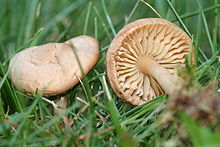
Shii-take
Classic standing mushroom with light to dark-brown cap, with near-white, light stalks and bright underside.
Origin: Switzerland, France, Germany, China
Season: Year round
Type: Cultivated
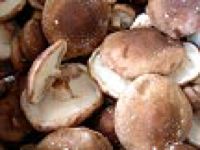
Black Trumpet
Craterellus cornucopioidesA small, dark, difficult-to-find mushroom in damp forests; very flavorful with a delightful aroma. Commonly dried, excellent fried, in soups, with white meats, cheeses. Also used to flavor dry, white wines.
Habitat: Damp, deciduous forests in Hungary, Austria, Slovakia
Season: July to September
Type: Wild
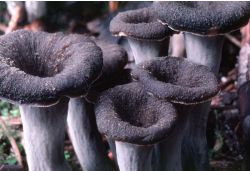
Birch Bolete / Érdestinórú
Leccinum scabrumLight gray-brown to reddish gray-brown cap with white flesh. Best when young, its velvety tenderness is ideal for game dishes. Considered by some similar to porcini. Turns black when cooked.
Habitat: Occurs only in symbiosis with birch trees
Season: June to October
Type: Wild
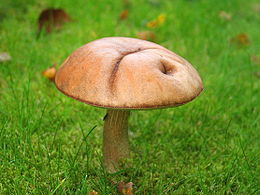
Charcol burner / Kékhátú galambgomba
Russula cyanoxanthaVariable colored cap with weak gills. Chewy and tough meat when dried make it ideal for preserves. Excellent sautéed with other mushrooms, also in soups and salads.
Habitat: Beech forests
Season: July to September
Type: Wild
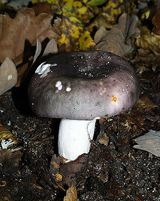
Alvinci Partners Kft. | H-1055 Budapest Markó utca 7. I/4b. | +36 1 783 2040 | info@alvincipartners.hu

